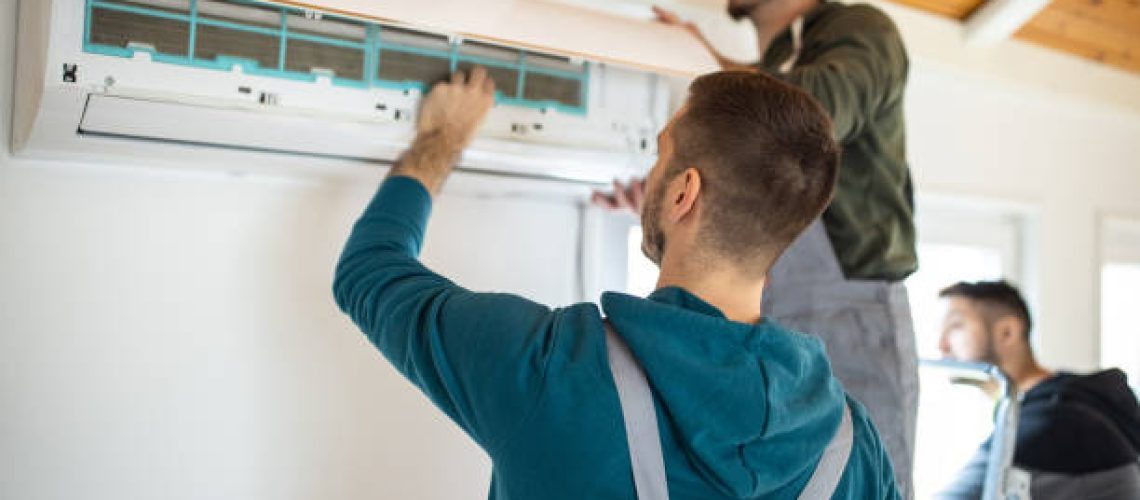Your heating, ventilation, and air conditioning (HVAC) system is vital to your home, keeping you comfortable in all seasons. However, like any mechanical system, it has a lifespan, and there comes a time when upgrading or replacing it becomes necessary.
Age of the System
The age of your HVAC system is one of the primary factors to consider when considering an upgrade. A well-maintained HVAC system can last around 15 to 20 years. If your system is approaching or has exceeded this age range, it’s a strong indicator that you should start considering a replacement. Older systems tend to become less efficient, leading to increased energy consumption and higher utility bills.
Rising Energy Bills
Have you noticed a steady increase in energy bills despite keeping your usage habits consistent? This could indicate that your HVAC system is no longer operating efficiently. As systems age, they become less energy-efficient, leading to more significant energy consumption. Upgrading to a newer, more energy-efficient model can help you save money on your monthly energy bills in the long run.
Frequent Repairs
If you find yourself calling for HVAC repairs more often than not, consider replacing the system. Frequent breakdowns cost you money in repair bills and lead to discomfort and inconvenience. A new HVAC system can provide better reliability and reduce the need for constant repairs.
Uneven Heating or Cooling
Do certain areas of your home feel too warm while others remain too cold, even when the system is running? Uneven heating or cooling can indicate your HVAC system struggles to distribute air properly. Newer systems have advanced features and technology that provide consistent temperature control throughout your home.
Poor Indoor Air Quality
Indoor air quality is crucial for your health and comfort. If you’ve noticed an increase in allergens, dust, or humidity levels within your home, your old HVAC system may need to filter and circulate air more effectively. Upgrading to a system with improved air purification and filtration capabilities can enhance indoor air quality.
Excessive Noise
Is your HVAC system making loud and unusual noises? A noisy operation can indicate problems within the system, such as worn-out components or damaged ductwork. Newer HVAC systems are designed to operate quietly, providing you with a more peaceful and comfortable living environment.
Outdated Technology
Advancements in HVAC technology have led to more energy-efficient and user-friendly systems. Older systems may lack features like programmable thermostats, zoning capabilities, or smart home integration. Upgrading to a modern HVAC system allows you to take advantage of these features, improving your comfort and convenience while reducing energy consumption.
Environmental Impact
If you’re concerned about reducing your carbon footprint and being more environmentally friendly, upgrading your HVAC system can contribute to these efforts. Newer systems are designed to be more energy-efficient, producing fewer greenhouse gas emissions. Additionally, some models use more eco-friendly refrigerants.
Home Renovations
If you’re planning significant home renovations or additions, it’s an ideal time to consider upgrading your HVAC system. A larger or differently configured space may require a more robust system to maintain comfort. Working with an HVAC professional during the renovation planning phase ensures your system is appropriately sized and optimized for the new layout.



